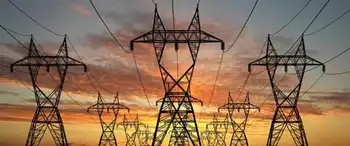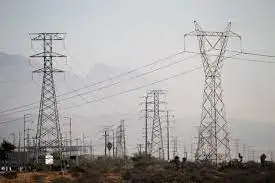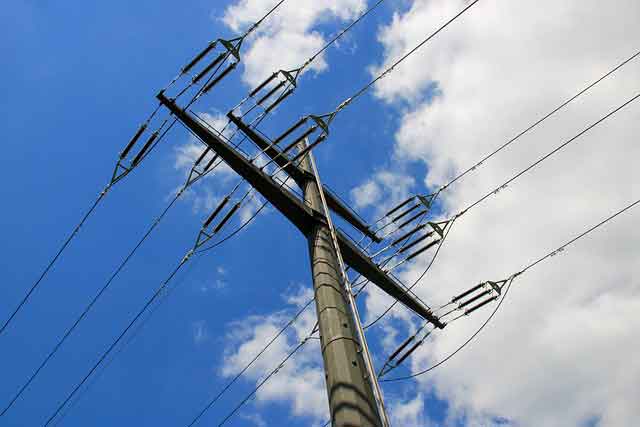Wisconsin debates Canadian renewable energy
WISCONSIN - Wisconsin utilities could count power from a Canadian hydroelectric plant as a renewable source of energy under a bill quickly moving through the Legislature, despite objections from environmental groups.
The bill modifies an existing law that requires 10 percent of the electricity providers sell to come from renewable sources by 2015, but specifies any hydroelectric source must produce less than 60 megawatts of power.
That provision, meant to ensure electric providers would use Wisconsin-based hydroelectric facilities, is rewritten to also allow newly constructed plants in Manitoba, Canada, that produce more than 60 megawatts of power.
The state Senate approved the measure in a 21-11 vote. The bill wouldnÂ’t take effect until December 31, 2015.
“There’s a number of electric companies that want to find ways to meet their 2015-and-beyond mandates, and they want to do it in the most economical manner,” said Sen. Frank Lasee, R-Ledgeview, the bill’s chief sponsor. “The Left has got it wrong on jobs and green energy. We can’t take more from all the businesses and ratepayers in Wisconsin just to foster green energy jobs.”
Conservationists say allowing companies to purchase hydroelectric power from Canada undermines the efforts of WisconsinÂ’s clean energy industry.
“They’re basically allowing Manitoba power to flood the renewable energy market in Wisconsin,” said Jennifer Giegerich, legislative director for the Wisconsin League of Conservation Voters. “Once this is allowed to be counted, we’re concerned utilities will dump their current contracts and get this cheap energy from Canada. That puts Wisconsin energy jobs at risk.”
Wisconsin Public Service is on pace to meet the 2015 requirements without electricity from the Manitoba plants, but itÂ’s an opportunity to back up renewable energy contracts already in place, said Pat Schillinger, assistant vice president of government relations for WPS.
“If some of that hydroelectricity is good, then we shouldn’t have a cap on the size of it,” Schillinger said. “We’re committed to using renewable resources from our customers and from Wisconsin, we just want to have other options as we try to keep down costs for our rate payers.”
ThatÂ’s shortsighted, Giegerich said.
“The whole idea was to develop clean sources of renewable energy in Wisconsin. The reality is in Wisconsin we don’t have any coal, we don’t have any uranium or natural gas and we don’t have the large scale hydroelectric plants,” she said. “If we continue to put our money into sources that are not from Wisconsin, we’re never going to become energy dependent.”
Related News

BOE Says UK Energy Price Guarantee is Key for Next Rates Call
LONDON - Bank of England Deputy Governor Dave Ramsden said financial markets are still unsettled about the outlook for the UK and that a Treasury statement due on Oct. 31 may provide some reassurance.
Speaking to the Treasury Committee in Parliament, Ramsden said officials in government and the central bank are dealing with huge economic shocks, notably the surge in energy prices that came with Russia’s attack on Ukraine. Investors are reassessing where interest rates and the fiscal stance are headed.
“Markets remain quite febrile,” Ramsden told members of Parliament in London on Monday. “Things have not settled down yet.”
He described the…




